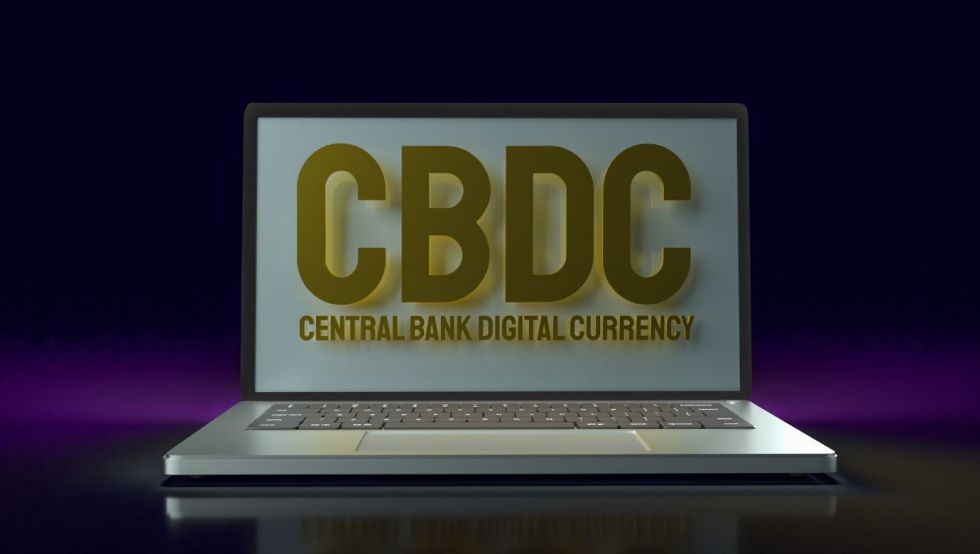Federal Reserve Governor Michelle Bowman has warned of the potential risks of launching a digital dollar, highlighting that privacy concerns have not been adequately considered.
Bowman’s Privacy Concerns Over Digital Dollar
Privacy concerns surrounding central bank digital currencies (CBDCs) like the digital dollar remain contentious. Experts suggest that a CBDC would leave a trail of records similar to those left by digital payment systems, leaving users vulnerable to surveillance.
Speaking on this topic during a recent speech at Georgetown University, Bowman stressed the need to ensure that consumer data privacy protections remain in place when transitioning to future payment systems.
However, some industry experts argue that privacy concerns around CBDCs are unfounded. During the Milken Institute Future of Digital Assets Symposium, Mark Young, the Chief Risk Officer for ConsenSys, proposed that drawing such conclusions about CBDCs is premature. In his opinion, industry participants must devise a digital currency and platform that embodies democratic values.
Bowman also cast doubt on the argument that a CBDC would accelerate the onboarding of the unbanked. She argues that the digital dollar might address trust issues. However, she believes the government is unlikely to be viewed as more trustworthy than any highly regulated bank.
As the use of cash declines, 4.5% of US households are unbanked, with black Americans, Latinos, and poorer people more likely to lack access to banking services.
Some experts suggest a better remedy would be focusing on regulatory changes, such as allowing the post office to offer banking services or restricting fees charged by commercial banks.
The development and design of the digital dollar in the United States are being explored. The New York Federal Reserve Bank, collaborating with several major banks, recently launched a 12-week pilot program to test the use case of a digital dollar.
CBDC Trends
As the CBDC concept gains traction, many are looking to China’s digital yuan for insight into what a digital dollar might look like.
Lawmakers are also beginning to take note of these debates. The eCash Act sponsored by Rep. Stephen Lynch, calls on the Treasury Department to take steps toward implementing a digital currency.
The act emphasizes the importance of replicating the privacy, anonymity-respecting, and minimal transactional data properties of physical cash. This way, government-issued digital currencies will maintain citizens’ trust and confidence.
Unlike CBDCs, most cryptocurrencies on public chains like Bitcoin are pseudonymous, offering better privacy.
